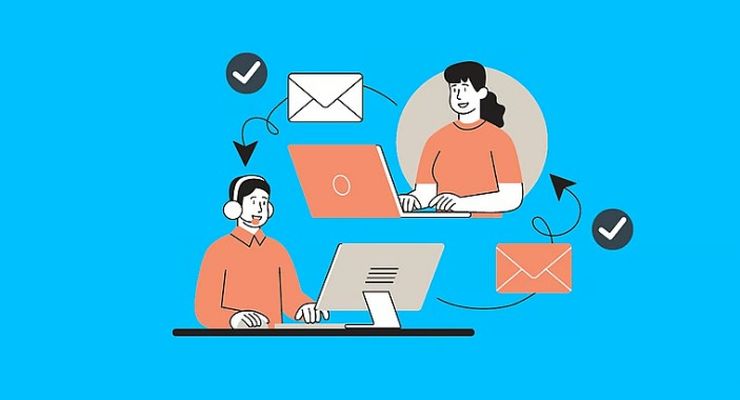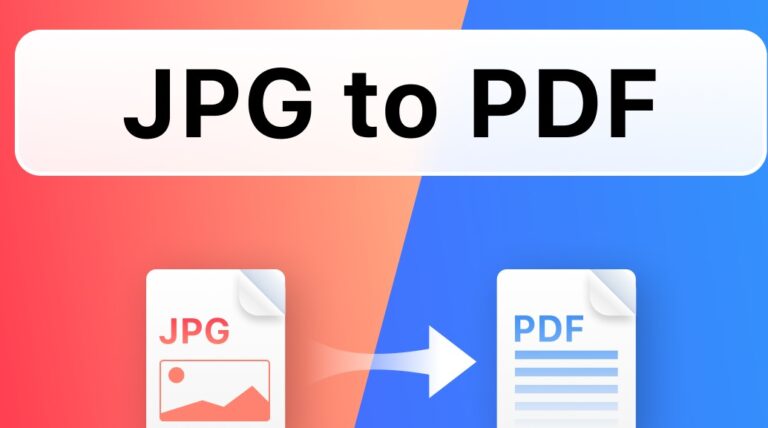A VPN encrypts your data, hiding your browsing history and preventing hackers from intercepting your private communications. It also masks your Internet Protocol (IP) address and makes it impossible for someone to trace your location.
A VPN can also protect you from certain threats, such as DDoS attacks and man-in-the-middle attacks. These attacks send large amounts of spam traffic to a server or website, which can overload them and cause them to go down.
1. Encryption

A VPN, which stands for virtual private network, creates a protected tunnel between your computer and the internet. This makes your online traffic more secure and private from government censorship, hackers, and other third parties. It also lets you safely use public Wi-Fi networks.
A good VPN hides your IP address, making it hard for snoops to track you and your online activity. This is especially important if you often connect to public Wi-Fi hotspots like airports or coffee shops.
It also makes it harder for big tech services and advertising networks to collect information on you. This means they can’t show you targeted ads, or sell your information to a third party.
While there are many different kinds of encryption, they all work by transforming data into a digital file that cannot be read without the right key. Then, the file is sent through a secure tunnel to a VPN server and then back again.
Using a VPN is the best way to protect your data. It will help you stay anonymous and safe online, hide your IP address, and block content restrictions.
2. Firewall

When a device connects to a network, it sends data packets through the firewall, which analyzes each connection based on a set of security rules. Those rules can be defined by the network administrator or the device owner.
The firewall protects your device from malware and other threats that may try to exploit weaknesses in its software or hardware. It also blocks phishing and malicious ads from websites that hackers use to take control of your computer and personal information.
In addition, a VPN will keep you anonymous online, meaning no one can track your location or know what sites you visit. This privacy is especially important when you are transmitting sensitive financial records or other data over the internet.
3. Multi-Factor Authentication

A VPN is a tool to protect data by making it harder for hackers to gain access. One way to do this is with Multi-Factor Authentication, or MFA.
With MFA, a person is required to provide two or more factors in order to log into a system. The first factor is typically based on something that the user knows, such as a password or PIN number. The second factor is usually a physical item, such as a security key or an ID card.
Another common form of MFA involves text-based authentication, where a login service sends a one-time password to a mobile device and users use it to log into their accounts. This is a popular option for many online services and is incredibly easy to set up.
4. Streaming

Streaming is a form of data transmission that uses small packets of information to transmit audio and video files. These packets are sent over the Internet to a client device (i.e., a computer or smartphone) that translates them into audio or video.
Unlike downloading, which stores a file on your device before you can access it, streaming is a continuous flow of data that lets you start using the content immediately after it arrives on your device. This makes it the fastest way to consume files, but it can also use a lot of bandwidth.
A VPN encrypts your data and hides your IP address to protect you from hackers on public Wi-Fi networks. It can also help prevent your ISP from throttling your internet speed.
Finally, a good VPN also protects your data from geo-blocking when you’re abroad. Some streaming services have content libraries in different countries, and this can result in a blocked view of your favorite shows, so you can subscribe to a premium VPN and enjoy all the geo-blocked content of CBS All Access in UK or anywhere around the world, more information find at rantent.com.
5. Security

A VPN is an excellent way to secure your data. It can help keep you safe from hackers, identity thieves, and other threats to your privacy.
The first and most obvious way that a VPN can protect your data is by obscuring your location. This makes it harder for websites and ad networks to track you. This also helps prevent man-in-the-middle attacks, where hackers place themselves between you and a website.
Another good way a VPN can protect your data is by hiding your IP address. If a hacker knows your IP address, they can find your location and use that to figure out where you are.
Similarly, hackers can create phony connections that mimic legitimate Internet Service Providers (ISPs). These fake connections allow them to monitor all your activity and collect data about what you do online.
Key Tips for Choosing the Right VPN Provider
When choosing the right VPN provider for you, there are several key points to consider in order to ensure maximum protection for your data:
- Choose a provider that offers reliable customer service and technical support.
- Ensure the VPN has a strict no-logging policy to protect your data from being tracked or recorded.
- Consider the types of encryption used by the provider and ensure it is up to date.
- Research reviews the provider’s service and performance reliability before making a commitment.
- Look for transparent pricing models so you know exactly what you’re getting for your money.
- Ensure their software is compatible with all of your devices, including cell phones and tablets.
- Restrict internet access based on specific IP addresses or user groups if possible with your chosen provider’s software solution, such as parental controls or restrictions on certain websites.
- Select a VPN service that offers unlimited bandwidth usage so you don’t have to worry about running out mid-session
Conclusion:
A good quality VPN can easily get you through so many restricted sites with proper safety and security, so subscribe to a premium VPN and enjoy all of your geo-blocked content easily.
Related Posts:
- 20 Best Gaming Headset Under 50$ 2024 - for PC, PS4,…
- Top 10 Best Modem For Gaming 2024 - For Optimum Gaming Speed
- Top 16 Best Office Chair Covers 2024 - Chair…
- Top 10 Best Office Chair Under 200 2024 - Ergonomic…
- 12 Best Car Wax For Black Cars 2024 - Protection and…
- Top 10 Best Dog Nail Grinder 2024 - Best Care for Your Pet







